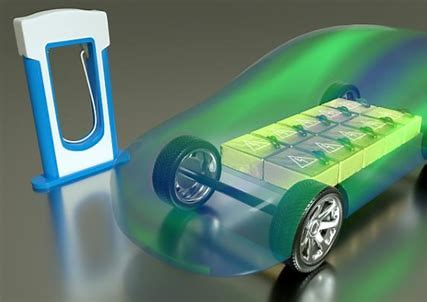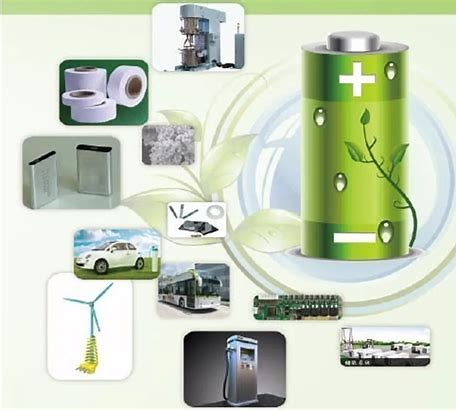With the continuous development of renewable energy, the demand for energy storage technology is also growing. In this context, sealed lead-acid batteries (SLA batteries) have become an important energy storage device in the renewable energy sector due to their unique advantages. In this paper, we will introduce the application of SLA batteries in the renewable energy sector and discuss their advantages and challenges.
I. Advantages of SLA batteries in the field of renewable energy
1. Highly Reliable: SLA batteries have a high degree of reliability and stability, and are able to provide a continuous and stable power output for renewable energy systems .
2. Long life: SLA batteries have a long service life, generally up to 5-10 years. This makes SLA batteries have low maintenance costs in long-term operation.
3. High energy density: SLA batteries have a high energy density and can store more power in a smaller space.
4. Adaptable: SLA batteries are suitable for a variety of environmental conditions, including high temperature, low temperature, humidity and so on.
II. Application of SLA batteries in the field of renewable energy

1. Solar power: SLA batteries can be used as a solar power generation system's energy storage device, storing the power generated during the day to meet the power demand at night or during cloudy days.
2. Wind Power Generation: SLA batteries are also suitable for wind power generation, converting wind energy into electricity and storing it through SLA batteries to achieve stable power output.
3. Microgrid: SLA batteries play an important role in microgrid systems to provide a stable power supply for domestic, commercial or industrial users.
III. Challenges of SLA batteries in renewable energy

1. Costs: although SLA batteries have a longer lifespan, there is a significant difference in the initial investment and the cost of a single charge/discharge cycle, compared to other new energy storage technologies (e.g. lithium-ion batteries), SLA batteries still have a certain gap.
2. Capacity decay: SLA batteries may experience capacity decay during long-term use. This requires regular testing and maintenance of the battery to ensure its performance.
3. Environmental Impact: Although SLA batteries can be recycled, there may still be a certain impact on the environment during the production and recycling process.
In summary, SLA batteries have a wide range of applications in the field of renewable energy. Despite some challenges, with the continuous development of technology and the gradual reduction of cost, SLA batteries will continue to provide efficient energy storage solutions in the field of renewable energy.